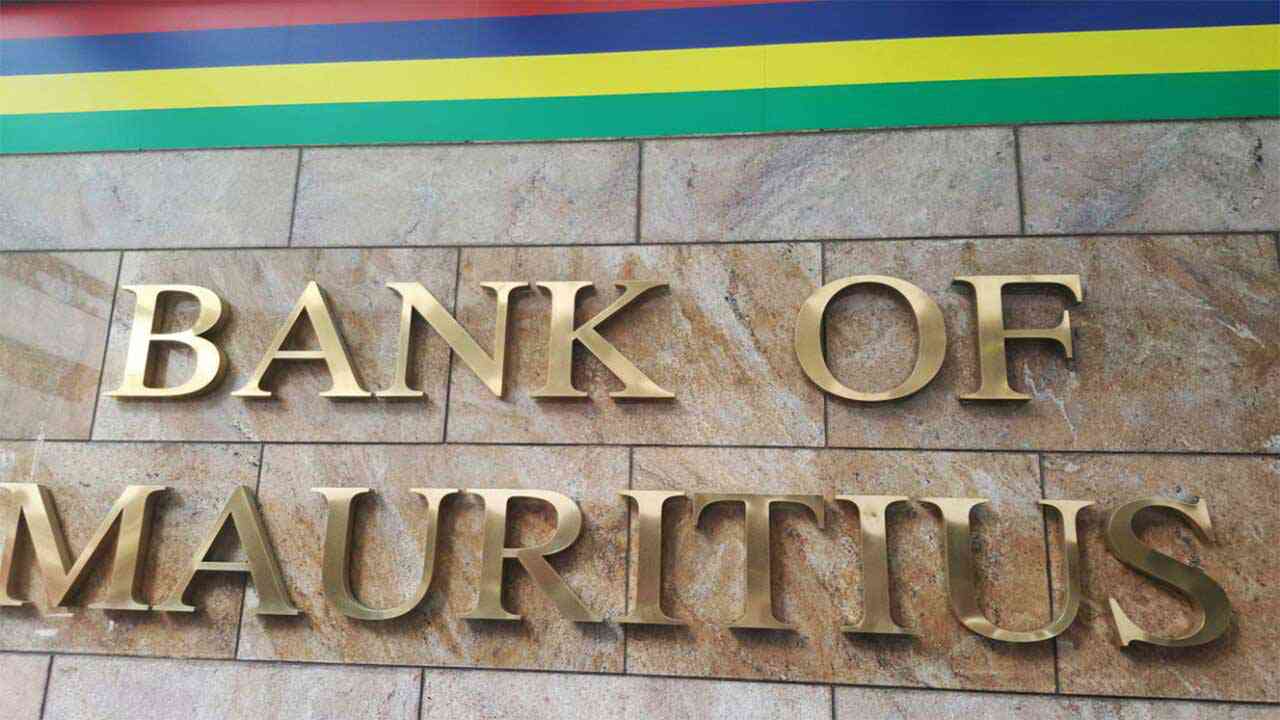Post-Brexit: MPC sets Repo Rate at 4%
 Par
News on Sunday, Yaasiin Karimbocus
Par
News on Sunday, Yaasiin Karimbocus
 Par
News on Sunday, Yaasiin Karimbocus
Par
News on Sunday, Yaasiin Karimbocus

The Monetary Policy Committee met on Tuesday 18 July to decide on the way forward for the economy. It has been common practice that MPC meetings are held after the presentation of the Budget, which this year is scheduled for Friday 29 July.
The Repo Rate has been cut by 40 basis points, with the effective rate now standing at 4%. The announcement was made by the Bank of Mauritius governor, Ramesh Basant Roi, during a press conference held on Wednesday 20 July. The pace of growth of private sector credit has decelerated, he said. The outlook seems bleak as the governor stated that investment is not picking up and economic activities have slowed down in the country. These factors have largely contributed to lowering the key Repo Rate. However, on the positive side, he expects most of the new economic sectors to grow this year.
“The MPC deemed it important to support investment activity in the country and raise the growth potential of the economy. A cut in the Key Repo Rate is warranted at this juncture to support the economy,” said the Central Bank in a statement released on its website.
The main reasons are downside risks to the domestic growth outlook outweighed the risks to the inflation outlook. Also, there are uncertainties created by Brexit and potential for the US November elections to increase market volatility. The aftermath of the United Kingdom leaving the EU will impact the Mauritian economy albeit in a subdued way, said Ramesh Basant Roi.
The country’s economy is expected to grow at 3.6 per cent this year according to him. The Central Bank lowered its projection for real GDP growth to 3.6 per cent for 2016. “Latest global developments, especially in the aftermath of Brexit, point to heightened downside risks to domestic growth. For 2017, growth is expected to improve to 3.8 per cent,” said the statement.
Governor Basant Roi told the press that “even international organisations such as the International Monetary Fund are finding it increasingly difficult to forecast. We are living in a world where it is very difficult to do forecasting.” He cited as example that in July 2015, the IMF said world growth would hit 3.4 per cent. Following Brexit, it yesterday reviewed the figure to 3.1 per cent.
“The world economic environment is unruly. Policy makers, central bankers are having the problem of having a good grasp of what is happening.”
Since the last MPC meeting, domestic inflation has remained low against the backdrop of moderate international commodity prices, weak global economic activity and muted domestic demand. Headline inflation retreated from 1.3 per cent in January 2016 to 0.9 per cent in June 2016, while year-on-year inflation rose from 0.4 per cent to 1.1 per cent over the same period.
“The various core inflation indicators also remained at relatively low levels. Headline inflation is projected at around 1.5 per cent for 2016 and around 3 per cent in 2017, slightly lower than what was anticipated at the February 2016 MPC meeting,” read the Central Bank’s press release.
Ramesh Basant Roi also talked about the impact of Brexit on the local economy. “Our exports will suffer as 12 per cent of Mauritian exports are sent to the UK. Not all of our exports are invoiced in pounds, only 6 per cent are. The weakening of the pound sterling will have a mitigated impact.”
Regarding the tourism sector, if the economic situation in the UK weakens, there will be less tourists travelling abroad. However, given that Mauritius has already diversified its source markets, the impact will once more be subdued.
The country’s reserves currently stand at Rs 170 billion, their highest levels ever. The Central Bank has nearly completed its sterilisation process regarding excess liquidity on the money markets. “We have had excess of foreign exchange in the system. The exchange rate of the rupee has depreciated very marginally. We believe that it is fairly in line with the fundamentals,” said Ramesh Basant Roi.
The governor of the Bank of Mauritius has also talked about the issuance of new notes, which the finance minister Pravind Jugnauth said he was against. “The representatives of the people, the people did not want the family of new bank notes. ‘Vox populi vox dei’ so you better don’t go for it,” he said. Adding that “Pravind Jugnauth is a fantastic guy.”
Regarding his relations with the finance minister, Ramesh Basant Roi said a central bank governor is fodder for opponents. “When policy is involved, there are bound to have disagreements. It is a healthy state of affairs,” said Basant Roi. “There is lots of gossips, on industrial scale in Mauritius.”
 J'aime
J'aime